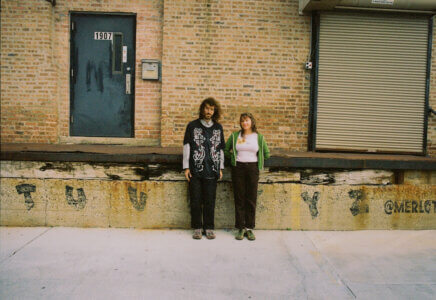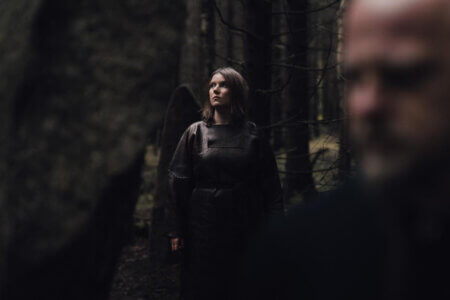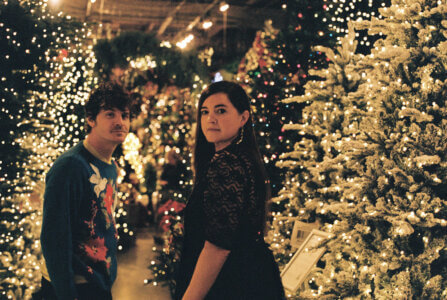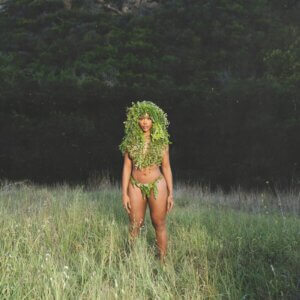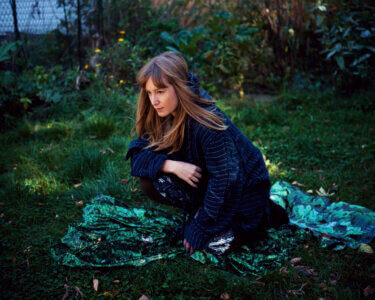Interview With Will Daunt From Zulu Winter
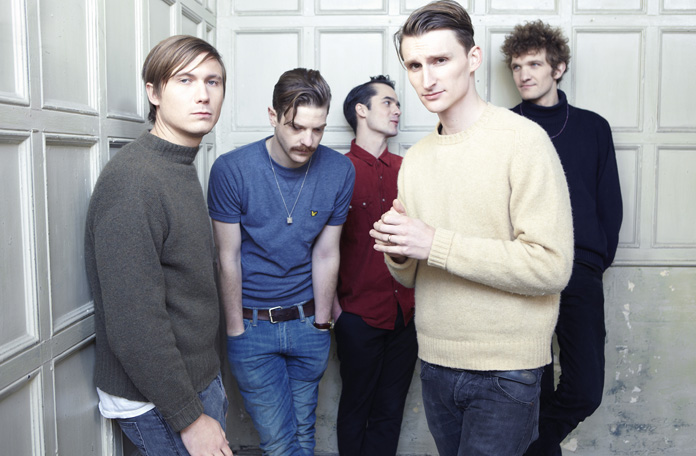
Here’s our conversation with Will Daunt of the Band U.K band Zulu Winter. we caught up with him on the eve of their appearance at Splendour In The Grass.
NT: Most of the band knew for a very long time that they wanted to play music for a living. Were your families and friends trying to discourage you at times?
WD: I think I was very lucky in that respect. Music can look like a fool’s option when you first start out – bad money, bad food, bad hotel rooms, long hours – but my family all understood that I’d caught the bug, so there was little point in encouraging me to do doing anything else. The hardest relationship to work out when you’re on the road is with your wife / girlfriend, but thankfully mine is pretty understanding. Also, my older brother is also a touring musician, so he’s already taken all the flack from any family members who are anti.
NT: Were you surprised how fast things started to happen? Signing with James Sandom, then Pias.
WD: Yes. Things did move fast for a while, but because we’d been working away on the songs by ourselves for a little while it felt right rather frightening. Also, although labels and management came together quickly when we first started looking, we were choosing on the basis of a career rather than trying to flog this one album as hard as possible. The music industry is a funny thing – it moves fast, so you have to be careful to choose your team right when you have the opportunity.
NT: Your new record “Language” has real 60s vibe to it, you use Moog technology and is also quite melancholy at times. What was influencing you guys during this period?
WD: I personally was listening to a lot of later date Beatles as we were finishing off the record, as well as newer US bands like TV On The Radio. As far as the Beatles go, I love the sense of melancholy and pastoralism on McCartney’s solo record RAM, as well as how layered his songs can be without becoming complicated. I think melancholia was something we all wanted to squeeze on to the record, as it’s interesting to right songs that can be danced to that are still sad. Also, there’s nothing more mournful than a Moog with a bit of delay on it…
NT: How did T.S. Eliot become such a big part of the writing process?
WD: I’ve been obsessed with him for a while. His sense of imagery and symbolism is unparalleled, and lyrically he was the main inspiration merely because I read his poetry on a regular basis.
NT: The album was also named “Hottest record in the world” by a prominent UK DJ. What were your thoughts on this?
WD: You mean Zane Lowe? He’s been very kind to us, and we’re obviously nothing but thankful about that. The ‘hottest record in the world’ moniker is amusing, because it changes every day, so although it’s very flattering I don’t think it should be taken too literally…
NT: Were there a few challenges learning how to play the songs live? I know that’s very important to you.
WD: Not really – most of the songs came together in a rehearsal room anyhow, so live is where they belong.
NT: You guys have some pretty cool festival dates booked, are there any places that you are really looking forward to playing?
WD: I’m actually writing this in Byron Bay a day before we play Australia’s Splendour in the Grass, which is one of the festivals we’ve been most excited about. It’s winter here, but because it’s Australia all of us packed nothing but t-shirts and shorts, so when we arrived and found the site looking like Glastonbury we were surprised. We watched Jack White last night, and were totally blown away. It’s like watching history being made – no one else has that old school sense of showmanship combined with sheer instrumental virtuosity at the moment, and it places him leagues ahead of anyone else.
NT: Are you happy with where the band is now?
WD: I think we’re all proud of both the record and the live show and want as many people to see and hear us as possible, but we wouldn’t be much of a band if we were totally content with what we’ve done: being self-critical pushes you forward, and we’re all looking forward being able to push ourselves further.
NT: Which five records have had a significant impact on you?
WD:
Nick Drake’s Pink Moon
It taught me there’s something beautiful in being English, and that you can touch people with your voice while singing very quietly.
Radiohead’s The Bends
I bought this when I was 10 or so, and hated it for the first 18 months of owning it. I think I expected it to be like Nirvana, and was confused by its complexity and by the band’s capacity for vulnerability. I remember putting it on one very hot summer’s day, and something clicking, and then listening to it obsessively until OK Computer came out. It taught me that a rock band doesn’t have to be power chords and straight beats; that it can be pretty much anything you want it to be.
Talk Talk’s Spirit of Eden
I’ve only come to these guys in the past six months, partly because I think it takes making a record to fully understand how beautifully recorded, crafted and arranged this album is. The sense of space and dynamics is astonishing, as well as how playful the structures of the songs are.
David Bowie’s Low
This record taught me how playful music can be, even when it’s melancholic. It’s a truly odd album, but such a perfect slice of Bowie’s ability to morph from one style to the next while still retaining his own sense of identity.
Beck’s The Information
In the same as Low, I like how off-kilter yet sad this record is. It pulls in all types of references, melding them into one style. And the bass sound he gets is about as warm and natural as anything recorded in the Seventies.
Latest Reviews
Tracks
Advertisement
Looking for something new to listen to?
Sign up to our all-new newsletter for top-notch reviews, news, videos and playlists.





